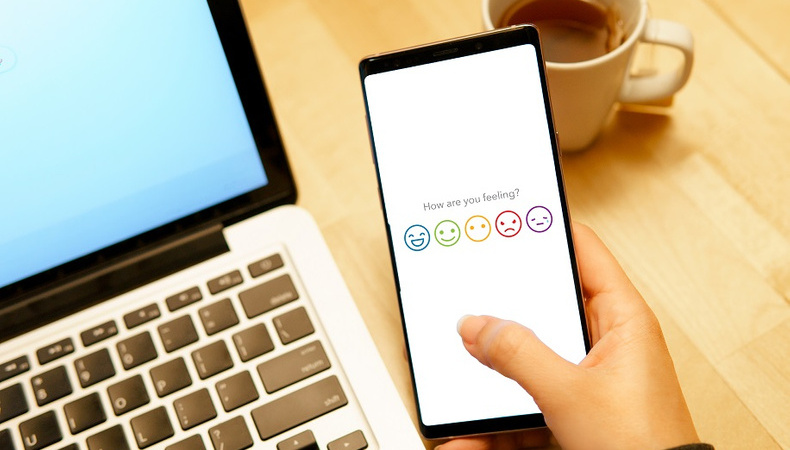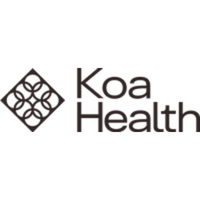App overload – how to differentiate workplace mental health tech from solutions available privately

As the need for care continues to grow access is becoming more limited— 70-75% of individuals with a diagnosable mental illness receive no treatment at all, and wait times to see a mental health professional through the NHS are 18 weeks or longer.
As patients and providers become more comfortable with care delivered via device, app-based mental health support is a practical, economical way to close this growing gap between supply and demand.
But with so many tech-based mental health solutions out there, how can employers differentiate their mental health offerings from what’s available to individuals privately? Options are abundant, even just within the corporate wellbeing space—one search for employee mental health apps yields 10,000+ results.
Are corporate mental health apps more complete?
While there is little to differentiate some health app providers’ corporate and consumer options, there are a few things employers who want to add value to their benefits should look out for when selecting a solution for their workforce.
1. Comprehensive coverage
Mental health doesn’t exist on a binary of mentally ill versus mentally healthy—most people fall somewhere between the two—and the solutions companies offer their employees should reflect this reality. For a solution to be useful to as many of your employees as possible, it must cover everything from self-guided help to handle everyday stress and build better coping skills to app-based care with a clinician’s guidance for individuals who need additional support. It’s also essential that all of the resources the company provides to staff are connected and easy to use.
2. A strong evidence-base
Although most apps say they have a solid evidence base to back up their programmes and activities, according to a study published in Digital Medicine, only around 3% can actually back up their claims. And most don’t undergo rigorous clinical testing, either. Organisations can vet potential solutions (and their evidence base) by asking vendors to share data on testing, independent review processes they’ve undergone and their science base. Ideally, solutions will have health content certification from third-party reviews like the Organisation for the Review of Care and Health Applications (ORCHA) and have undergone randomised control trials to demonstrate the safety and effectiveness of their product.
3. A personalised, user-centred approach
Mental health is unique to each person and varies over the course of a lifetime, which is why a personalised, flexible and user-centred approach is needed. Users care deeply about efficacy, but also accessibility, ease-of-use, freedom from biases and trustworthiness. People want solutions that are inclusive of their unique life experiences and adapt to their in-the-moment needs. And when they hand over their personal data, they want to know that it’s used to their benefit and adequately protected.
4. A range of modalities
Many mental health apps offer only one solution: meditation, sleep training or teletherapy. But workplace mental health apps that offer multiple modalities and base their techniques on a variety of scientifically proven therapies are more likely to help the broadest range of individuals and ensure your employees have access to support at every level. Some therapies with years of clinical research to back them up include Cognitive Behaviour Therapy, positive psychology and Acceptance Commitment Therapy.
5. Expert guidance
It’s crucial to know who’s producing the digital tools that members of your team may come to depend on. Does the company employ mental health professionals and behavioural experts to create and curate content? Do they have a scientific advisory board? Who sits on their board of directors? Research the clinical background behind the brand to get a clear picture of exactly who is providing expertise and guidance.
Employers are working hard to support employee mental health and wellbeing with more accessible options, including app-based care. Unfortunately, rapid growth in the development of mental health apps has made this proposition more challenging than ever for companies. They must rule out those apps that have the potential to cause more harm than good and also to determine which solutions are legitimately helpful and likely add value to their benefits offering.
Want to find out more about how mental health may be impacting your workforce? Read Mental health and the employee experience: The business case.
This article is by Stephen Dunne, chief product officer at Koa Health
This article was provided by Koa Health
Supplied by REBA Associate Member, Koa Health
At Koa Health, we believe digital mental health solutions are the answer to mental health issues.







